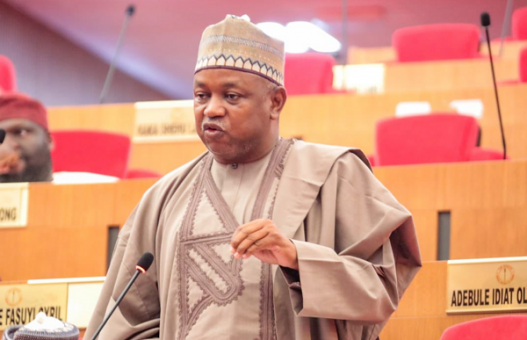Senate Charts a Smarter, More Inclusive Future with Push for New Federal Universities
As Nigeria grapples with rising youth unemployment, digital transformation, and social exclusion, the Senate is repositioning tertiary education as the foundation for a more inclusive, future-ready society
From inclusive education to high-tech learning hubs, the proposed institutions reflect a growing recognition that Nigeria’s future competitiveness depends on how it trains its next generation.
“These are not just universities — they are bridges to a smarter, more equitable Nigeria,” said Sen. Muntari Dandutse, Chairman of the Committee. “We are prioritizing institutions that can equip our youth with the skills, tools, and empathy to thrive in a fast-changing world.”
The bills under review include: An upgrade of the Federal College of Education (Technical), Asaba, into the Federal University of Technology, Asaba;
The establishment of the Federal College of Education (Special), Karaye, Kano State — designed to train professionals in inclusive education; And the creation of the Federal University of Education, Gumel, Jigawa, with a mandate to raise the standard of teacher training across the region.
Sen. Ned Nwoko (APC–Delta), sponsor of the Asaba bill, argued that the absence of a Federal University of Technology in the South-South was a glaring omission that hindered the region’s ability to participate fully in the digital economy.
“How can we talk about innovation and national growth when an entire region that powers Nigeria’s economy lacks a tech university?” Nwoko asked. “This bill is about justice, but also about unleashing potential.”
The Senate leadership echoed similar sentiments. Declaring the hearing open, Senate President Godswill Akpabio — represented by Deputy Senate President Jibrin Barau — emphasized that education must evolve beyond brick-and-mortar classrooms into platforms for national transformation.
“These institutions are the incubators of tomorrow’s solutions,” Barau said. “We are not just funding schools — we are investing in ideas, inclusion, and innovation.”
Observers say the Senate’s renewed focus on inclusive and tech-driven institutions sends a clear message: the era of generic university expansion is over.
What’s needed now are smart investments that close learning gaps, unlock economic value, and prepare citizens to navigate a complex, digital future.
For many Nigerians, the success of these bills may mark the beginning of a shift — from education as policy to education as purpose.

